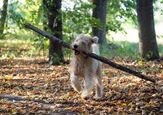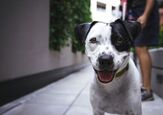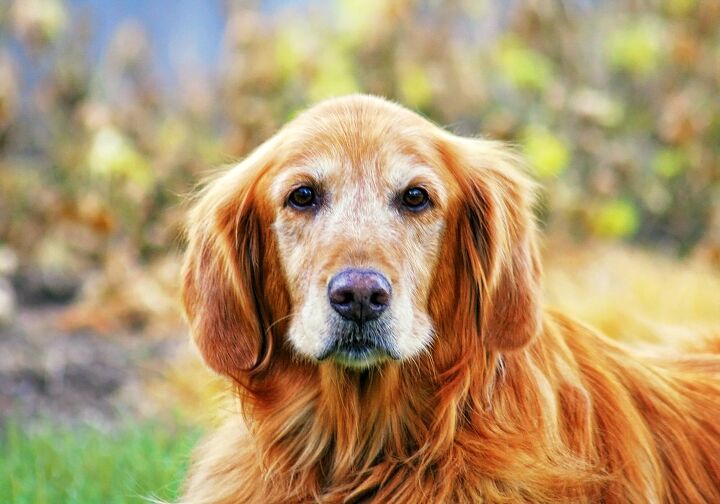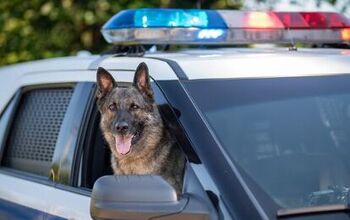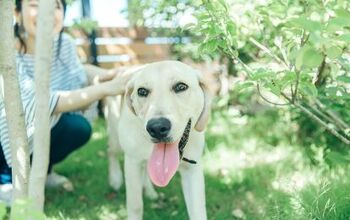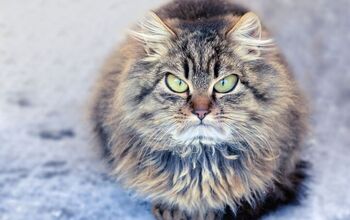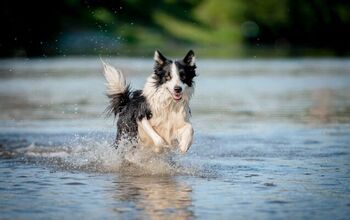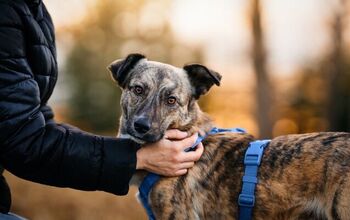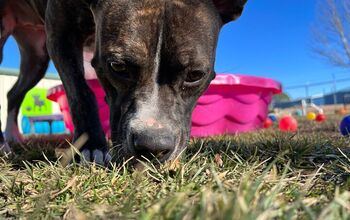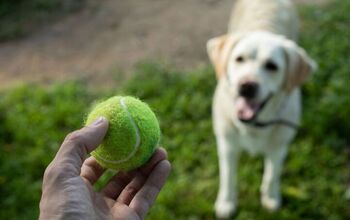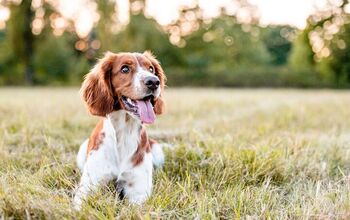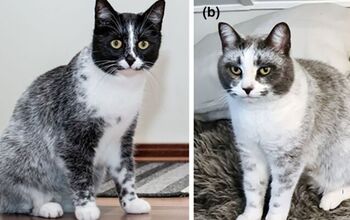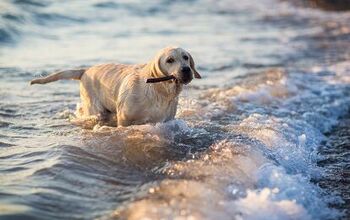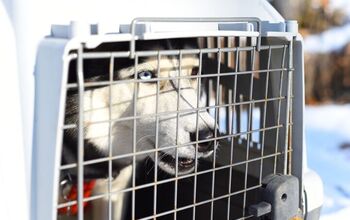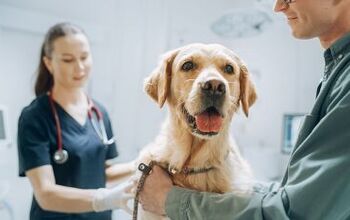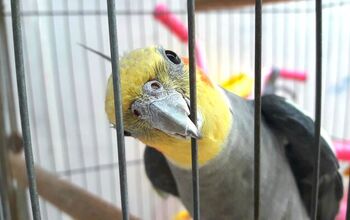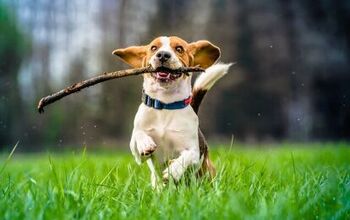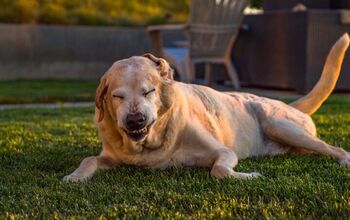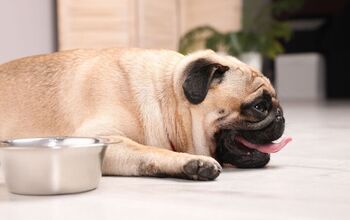Physical Changes to Expect in Older Dogs

Sharing your heart and home with a dog is a rewarding experience. They bring us so much joy and unconditional love, and they don’t ask for much in return. They only have one major flaw – they don’t live long enough!
As your dog enters their golden years, you may start to notice some things are changing. Your dog may look or act a little different than they did when they did as a young pup. This goes beyond a little greying starting to show around their muzzle.
The best thing you can do as a pet lover is to learn what physical changes to expect in older dogs and the steps you can take to accommodate them. After all, we all want to give our dogs the best life possible at every age!
Sleeping More Often
As your dog gets older, one of the first physical changes that many dog owners notice is that they begin sleeping more often. It’s not that your dog doesn’t have the joy and excitement for life that they once possessed. Many older dogs still love to play much like they did in their younger years. They just need a little extra downtime to recharge and recover.
Loss of Sight, Smell, or Hearing
You may notice that your senior dog doesn’t react as sharply as they once did. While this could have something to do with their mental state as they get older, it could also be that they are slowly starting to lose their senses. It’s a very common occurrence.
Dogs that lose their sight often struggle first with being able to see properly in low-light conditions. Be sure to consider the lighting in your home in areas where you are concerned with your dog’s ability to see like climbing stairs. If necessary, restrict access to certain areas of the home later in the night when the light starts to fade.
When giving your senior dog commands, speak a little louder to make sure that they can hear. You should also be careful about not startling your senior dog if they don’t see you coming up behind them. Even the best-mannered dog might snap when scared.
Finally, loss of smell is often overlooked but can have a big impact on your dog’s lifestyle. Dogs decide what food is going to taste like based on smell. If your dog can’t smell their kibble like they once could, they may turn their nose up at it. Try adding a bit of hot water to unlock the scent or other tempting smells like sodium-free broth. This is a big factor to consider if you notice your senior dog is losing weight from not eating enough.
Changes in Bathroom Habits
Some dogs, as they enter their golden years, will start to show signs of incontinence. This may cause a fully housetrained dog to start having more accidents in the home. On the other hand, some older dogs struggle to be able to go to the bathroom as they once did. Both situations should be addressed by calling your veterinarian to rule out any potential medical problems.
If it is found to be just a symptom of aging, you can help to address the problem by being strategic with the areas of the home that your dog has access to. Where possible, stick to easy-to-clean flooring (not carpet). Use puppy pads, if needed, for areas where accidents are most common. For example, some dogs can make it to the door to ask to go out but can’t wait for the door to be opened. In the most extreme cases, you may wish to consider the use of doggy diapers to keep your home clean while still allowing your dog to have access to the home they know and love.
Weight Gain or Loss
Another one of the more common physical changes to expect in older dogs is a weight change. With your dog’s level of activity dropping, they aren’t burning the calories that they once did. If you haven’t adjusted their diet to accommodate these changes, you may notice that your dog starts to gain weight. This can lead to other health problems and should be addressed as soon as possible. There are many great dog food formulas available that are specifically made to provide senior dogs with what they need while keeping their weight safely in check.
Some dogs will start to lose weight as they get older. While this isn’t uncommon, it’s not a change that should be ignored as it’s often a sign of a medical issue that needs to be addressed. Talk to your veterinarian so that they can work with you to identify the cause.
Sensitivity to Temperature Changes
Even if your dog was once happy to play outside in the snow showing no signs of being cold, this may not be the case as they get older. Senior dogs are more sensitive to extreme hot and cold temperatures. This puts them at risk for temperature-related conditions like heat stroke or hypothermia. Pay careful attention as the weather changes. When in doubt, keep your older dog indoors in your air-conditioned or heated home.

Britt Kascjak is a proud pet mom, sharing her heart (and her home) with her “pack” which includes her husband John, their 2 dogs – Lucifer and Willow – and their 2 cats – Pippen and Jinx. She has been active in the animal rescue community for over 15 years, volunteering, fostering and advocating for organizations across Canada and the US. In her free time, she enjoys traveling around the country camping, hiking, and canoeing with her pets.
More by Britt
